Near the end of Tuesday’s faculty meeting, a Lafayette professor announced that he had been on hunger strike since the meeting began at 4:10 p.m. and would not end until his demands are met.
Assistant Spanish Professor Juan Rojo’s demands: that the faculty’s committee’s vote to grant him tenure be upheld and that systematic changes to the tenure review process be implemented.
Rojo said he still has not consumed anything besides water and sports drinks at press time.
On Aug. 2, he was denied tenure by the Lafayette College Board of Trustees. Rojo, who has been teaching at Lafayette since 2008, said his department voted 6-0 to endorse him for tenure, after which the Promotion, Tenure and Review (PTR) Committee submitted its 6-1 vote to recommend tenure on Dec. 18.
According to documents given to The Lafayette by Rojo, the decision then went to Byerly, who did not concur with the committee’s recommendation. Explaining her decision, she sent Rojo a four-page letter on March 14, noting that Rojo did not meet the expectations of “a quality teacher” as defined in the faculty handbook.
As Byerly cited in her letter, the PTR Committee wrote in its first recommendation for Rojo’s tenure that there were recurring comments from students in his evaluations describing him “as unfair, intimidating, and a harsh grader.”
Background: What is the tenure review process?
Byerly also wrote that the most positive comments by the PTR Committee and the Departmental Review Committee seem “lukewarm rather than positive.”
“It is striking that the Departmental Review Committee letter and the Promotion, Tenure, and Review Committee letter both straightforwardly acknowledge continuing concerns [about Rojo’s teaching], yet do not offer a single superlative to identify elements of distinction that Prof. Rojo has achieved at this time,” Byerly wrote.
The PTR committee then responded with a letter on April 1 supporting Rojo again while also including a dissenting minority opinion who agreed with Byerly.
“It is important to understand that PTR members who voted affirmatively for Professor Rojo’s tenure, who wrote that his teaching serves students well, meant [sic] that he is delivering quality teaching, and not just acceptable teaching,” the section of the letter supporting Rojo read.
In its original letter to Byerly recommending Rojo for tenure, the PTR committee also wrote, “Students reported that they learned a lot and some said that he created an enjoyable learning environment,” after noting the negative evaluations.
On June 30, Byerly sent a letter to the board of trustees, writing that she still could not concur with the PTR Committee, and the board of trustees informed Rojo of its final decision to not grant him tenure on Aug. 2.

Rojo’s unsuccessful tenure application means that he must leave his job at the end of this academic year.
The college issued a statement on the matter late Tuesday night.
“We were very concerned to learn today from Professor Juan Rojo that he has commenced a hunger strike in response to his recent tenure denial,” the statement read. “We are of course not able to comment on the specifics of Professor Rojo’s case.”
“However, in this tenure case, as in all others, we followed our procedures as laid out in the College’s Faculty Handbook,” it continued.
According to the faculty handbook, teaching is the most important criteria for tenure recommendation.
In the PTR Committee’s letter to Byerly on April 1, concerns about the validity of student evaluations as evidence for a professor’s teaching ability were raised.
Citing the guidelines in Best Practices for Departmental and Institutional Interpretation of Student Evaluations prepared by a Lafayette committee, the letter read that “possible ‘biasing effects’ – academic field, expected grade, workload, motivation, students’ course level, gender, sexual orientation, race, ethnicity – need to be acknowledged, particularly in courses that ask students to confront issues outside their comfort zone.”
In the dissenting opinion on the same letter, the minority view emphasized that the guidelines do not suggest that the committee excessively discount negative comments and instead should consider the evaluations from students because students are the only ones qualified to evaluate the course.
Chair of the PTR Committee Dru Germanoski said he could not comment on matters of personnel. It is standard practice at Lafayette, and most other institutions of high education, that employment personnel matters are protected by confidentiality.
Following Rojo’s announcement at the faculty meeting, President Alison Byerly said that she and two other faculty members co-signed a letter to the Faculty Governance Committee “requesting that they review the language in the faculty handbook pertaining to the procedures to be followed when the president does not concur in a recommendation of the PTR,” Byerly wrote in an email.
“It will be up to Governance, if they choose to review the handbook language, to assemble a committee,” she added.
Before making the decision to go on hunger strike—in which he plans to only be drinking water, Gatorade and Powerade—Rojo said he consulted his doctor and his family.
George Manja, a doctor at Northstar Urgent Care in Nazareth and Rojo’s primary doctor for the last 10 years, wrote that Rojo was seen by him on Aug. 18 and is “mentally competent and in excellent health,” according to a letter from the Manja given to The Lafayette by Rojo.
“We respect Professor Rojo’s right to disagree with the decision, but hope he will express his views in a way that does not endanger his health,” the college’s statement read.
If his doctor advises him to discontinue the hunger strike, Rojo said he plans to stop.
“The most important thing for me is my family, and I told my wife I would go along with this until the doctor said it was no longer prudent,” said Rojo, who is married with two kids ages four and 14. “I am not going to put my family’s welfare in danger.”
Rojo said that he has not had a personal relationship with Byerly and that he has not contacted her directly since at least March.
The reason he did not take legal action against the college, Rojo said, is because the college has many more resources than he does. Instead, a hunger strike allowed him to “control the terms by which this dialogue takes place.”
“I know I can get a job,” Rojo said. “I can leave here after this year, and I know I’m qualified to do another job, and maybe in academia or maybe in something else.”
“But there is more to it than that,” he continued. “If I leave here and nothing changes, most of my colleagues who are going up for tenure this year are going to be facing the same fear—that they’re going to be the ones that they for whatever reason met the standards that their department has set, that PTR is going to give them a positive recommendation and that there is a nebulous set of standards out there that the administration has that has not been communicated to anyone and then be denied tenure.”
Besides demanding that deadlines be established on when a candidate will know his or her tenure is approved, Rojo also said he wants the reasons by which a president can veto the PTR Committee’s decision to be defined.
Rojo noted on Wednesday night that five students had come to visit him in his office after hearing of his strike.
“Three students showed up here that I’ve never met in my life,” Rojo said. “Two students who were abroad in Argentina last semester came by and brought Powerade…It was incredibly touching.”






















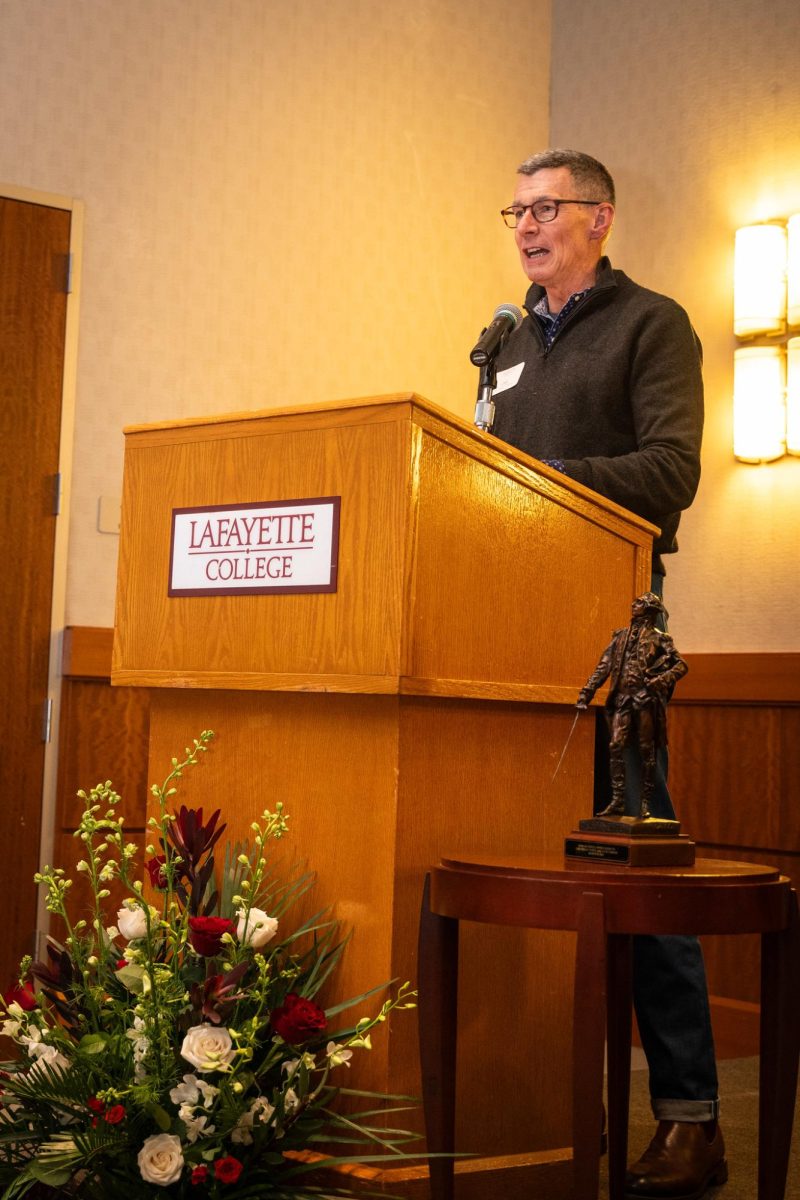
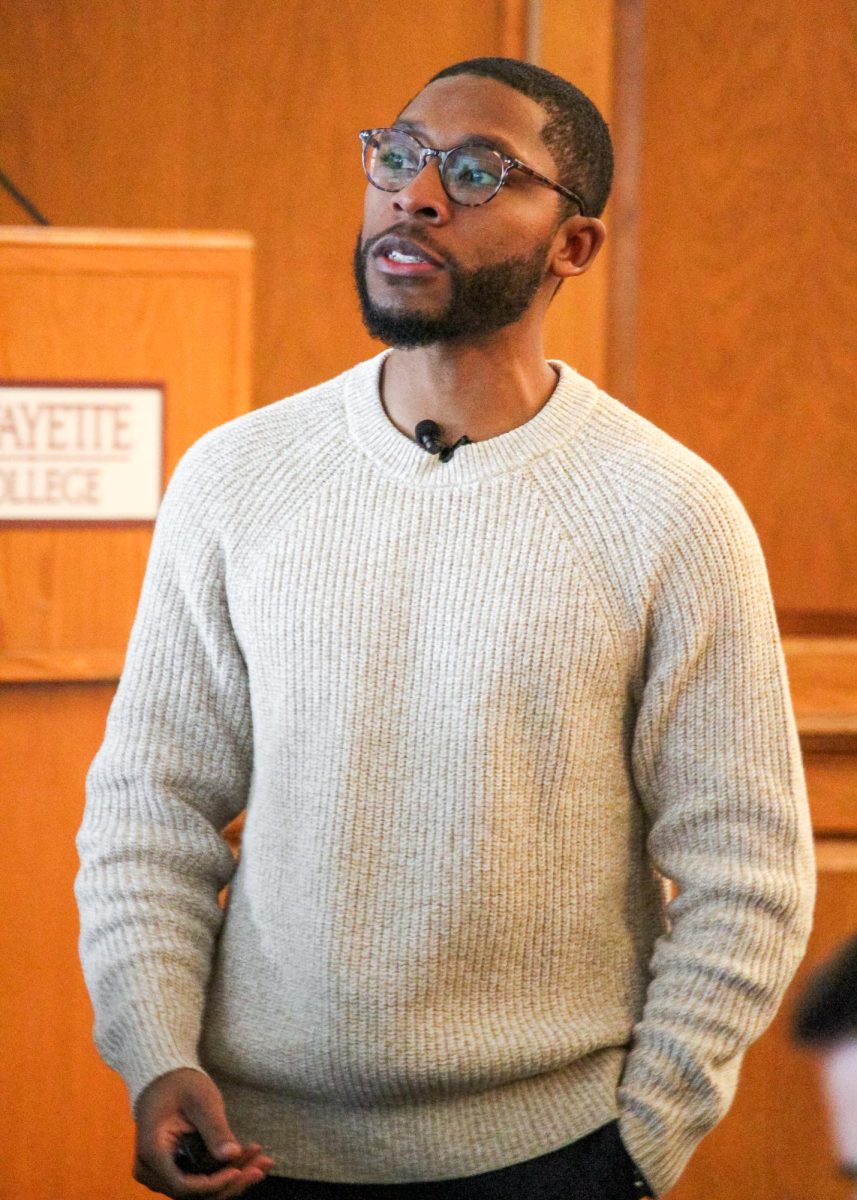


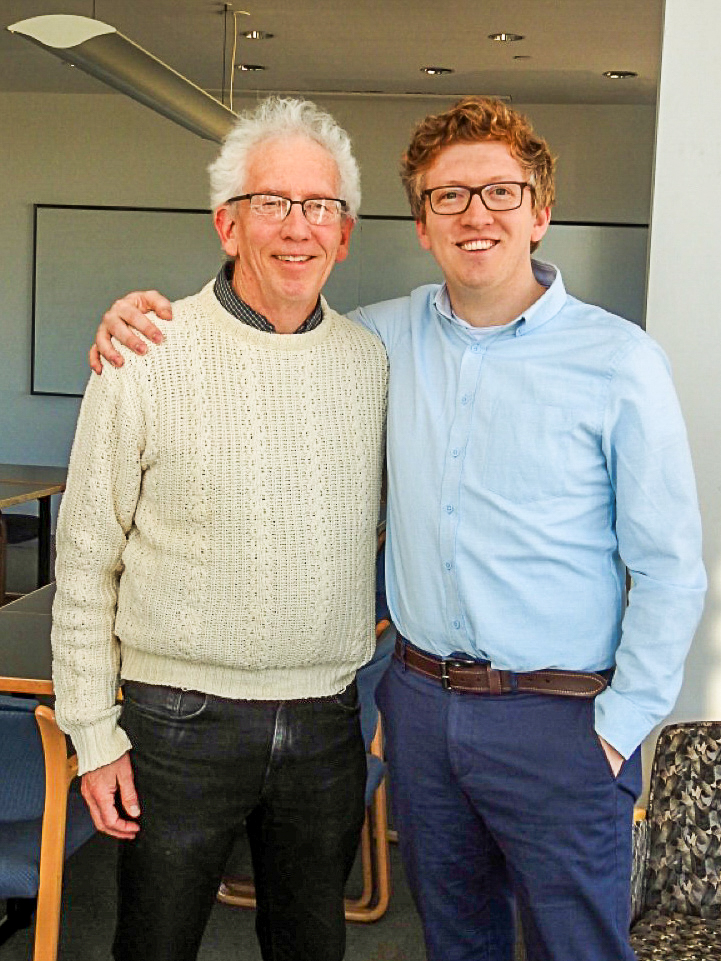










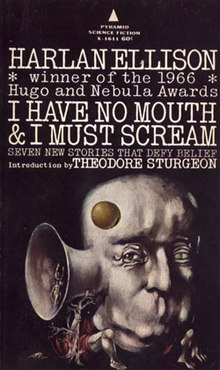
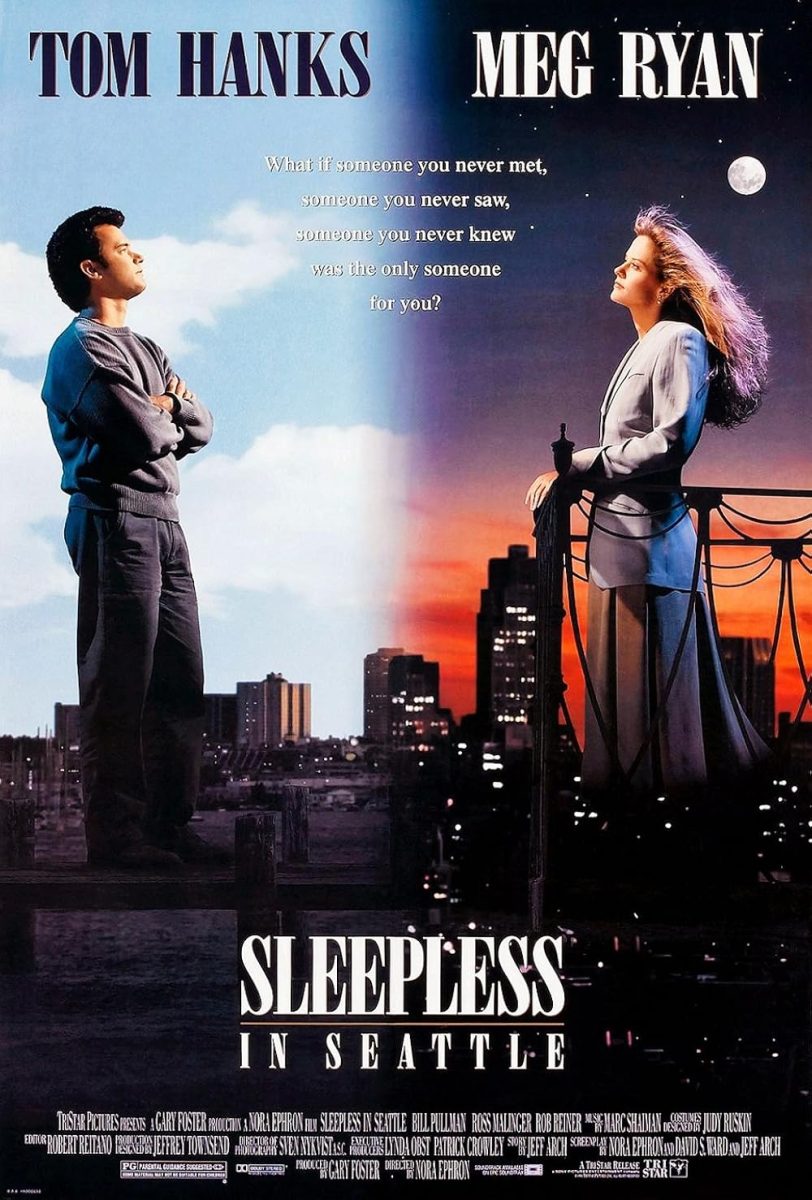



































































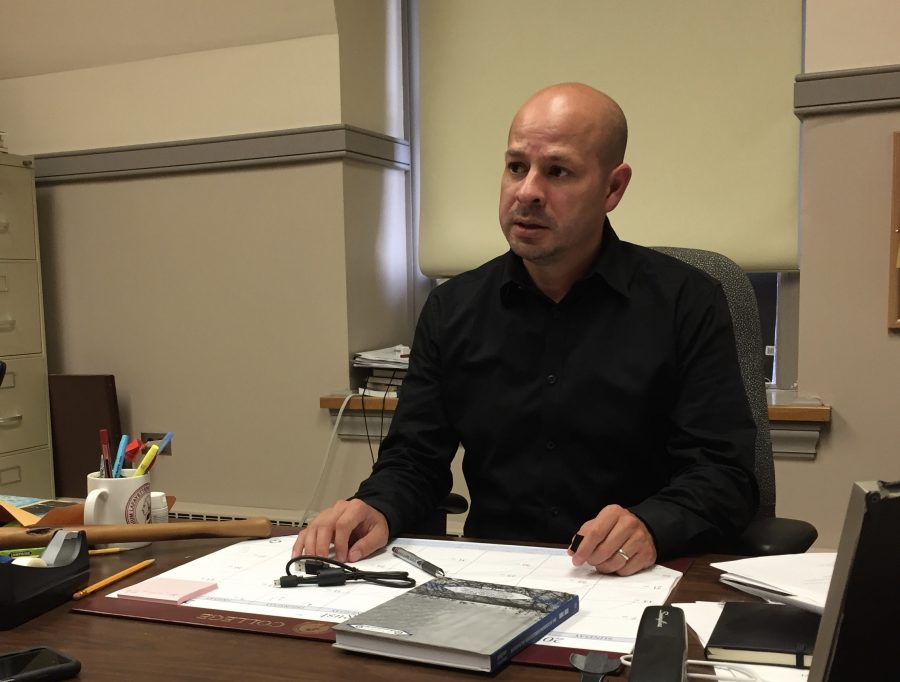
Annoyed • Sep 9, 2016 at 4:47 pm
Gandhi. Cesar Chavez. Juan Rojo.
oh wait, NOT AT ALL. 6 days of gatorade and water = being on a juice cleanse.
I don’t buy this.
Michael D. Guerrero • Sep 3, 2016 at 3:45 pm
University of Texas: Study on beauty in the classroom
…Research by economics professor Daniel Hamermesh examined the correlation between teacher evaluations and professor beauty. He found that instructors considered attractive rated high on course evaluations. On a five point scale, those with a high beauty rating scored nearly a full point higher on the average evaluation score than instructors with a low beauty rating…Although he said the research raises many questions, Hamermesh said the evidence demonstrates that one of the measures of teaching productivity is enhanced by good looks.
Analisa Taylor • Sep 2, 2016 at 12:11 am
Solidarity with Professor Rojas
Guest • Sep 1, 2016 at 6:37 pm
“While we take course evaluations very seriously at Middlebury, they are only one data point in a peer review process that includes multiple classroom visits by a candidate’s department chair, some senior colleagues, and all three members of the collegewide tenure and promotions committee. We are confident that omitting two or three sets of evaluations from a colleague’s multiyear file will not preclude a rigorous assessment of their teaching.” –AB
https://www.insidehighered.com/views/2012/08/06/essay-urging-new-option-faculty-course-evaluations
“It became clear to me that for many faculty, fear of the possible negative consequences of taking chances in the classroom could stand in the way of curricular experimentation.” –AB
https://middleburycampus.com/article/policy-changes-course-evaluations/
“I thought it would be beneficial to allow for faculty to have the opportunity to collect a set of course evaluations but not have them count if they’re teaching a new course for the first time. It doesn’t mean that we take teaching any less seriously because we don’t use course evaluations in our reviews. It means that, if you’re teaching a new course, you could ask to simply have that set of evaluations not put in your review file.” –AB
https://omnia.sas.upenn.edu/story/leader-pack
Jon G '05 • Sep 1, 2016 at 12:51 pm
Telling statement right here: “It is striking that the Departmental Review Committee letter and the Promotion, Tenure, and Review Committee letter both straightforwardly acknowledge continuing concerns [about Rojo’s teaching], yet do not offer a single superlative to identify elements of distinction that Prof. Rojo has achieved at this time,” Byerly wrote.
I wonder how this will help him find a job next year. I can’t imagine any potential HR department wouldn’t google him before hiring him…